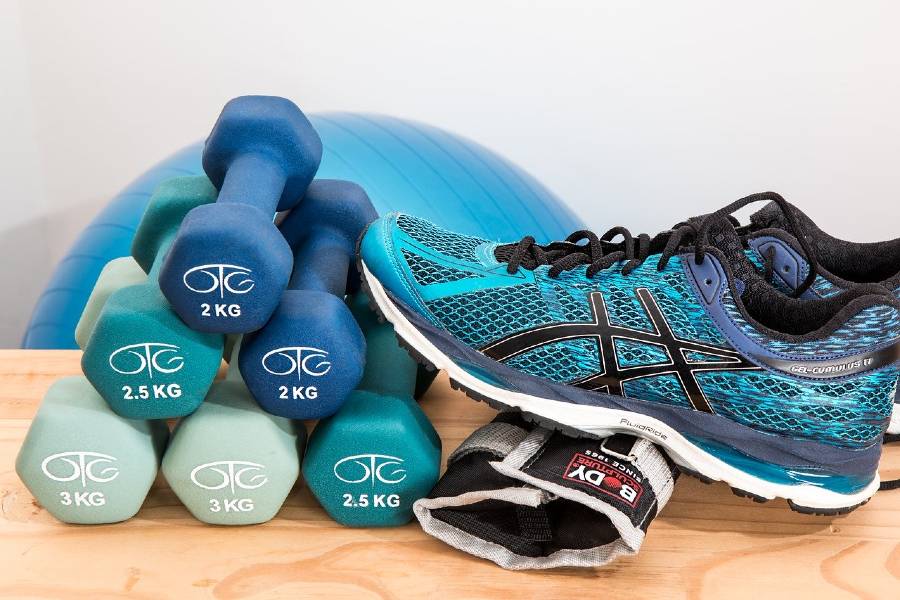Diet recommendations for those with liver disease depend on the type of liver disease and how well the liver is working. It is imperative that a doctor be consulted for the dietary recommendations and for the maintenance of a patient with liver disease.
Usually, a person with severe liver disease would be given vitamin supplements, especially B-complex vitamins, to ensure that daily nutritional requirements are met despite dietary restrictions. We are told that carbohydrates are advised to be the major source of calories in the diet, thus, starchy foods are highly recommended. Also, protein intake would be limited to about 1 gram or less of protein per kilogram of body weight.
However, research nowadays says otherwise. The Diet Doctor provides us this information here.
Table of Contents
Diet Recommendations For Those With Liver Disease
There are also specific dietary recommendations and restrictions for various liver diseases. The table below gives a general idea of diets for each type of liver disease:
| DISEASE | DIET RECOMMENDATION |
| BILE DUCT DISEASE
(an ailment that prevents the bile which is responsible for the
emulsification of lipids from flowing to the small intestine) |
|
| CIRRHOSIS (the scarring and hardening of the liver due to chemicals, viruses, toxic metals, and autoimmune liver disease) |
|
| FATTY LIVER DISEASE (the buildup of fat in the liver cells) |
|
| HEMOCHROMATOSIS (the buildup of iron in the liver) |
|
| HEPATITIS C (caused by the hepatitis C virus) |
|
| WILSON DISEASE (the buildup of copper in the body) |
|
Always Consult Your Doctor
Those with liver diseases must always consult their doctors regarding their dietary concerns as malnutrition and an unhealthy diet can cause detrimental damage to the liver. Before you do a change in diet, make sure there are no other underlying illness that could be aggravated. Your doctor might recommend a nutritionist to help you transition as well.

Glycogenolysis
Recent studies show starch and sugar are the potential culprit for liver damage. Limiting your sugar intake can do lots of good for your liver. You might ask, but where do you get the energy your body needs?

The Diabetes Education online explains: “When you’re not eating – especially overnight or between meals, the body has to make its own sugar. The liver supplies sugar or glucose by turning glycogen into glucose in a process called glycogenolysis. The liver also can manufacture necessary sugar or glucose by harvesting amino acids, waste products and fat byproducts. This process is called gluconeogenesis.“
Enjoy Good Food as Usual
You can still help your liver recover while enjoying food as you usually do. For example, you can have your cup of coffee but cut out the sugar. You can still have beef jerky and have the energy you need for a day’s disposal. You can have salmon, tuna, butter, broccoli, mushroom, and even cake as long as it’s low on sugar and carbohydrates (yes, there are low-carb cakes).
If you love meat, then grilled meat, beef jerky, bacon are still good for you. They would provide you with the energy you need with less the burden for your liver. Again, make sure to consult your doctor before engaging in a diet that could relatively affect your liver.
Visit the Diet Doctor to learn more about liver health.






These tips are very helpful. Thanks for the interesting and informative article!